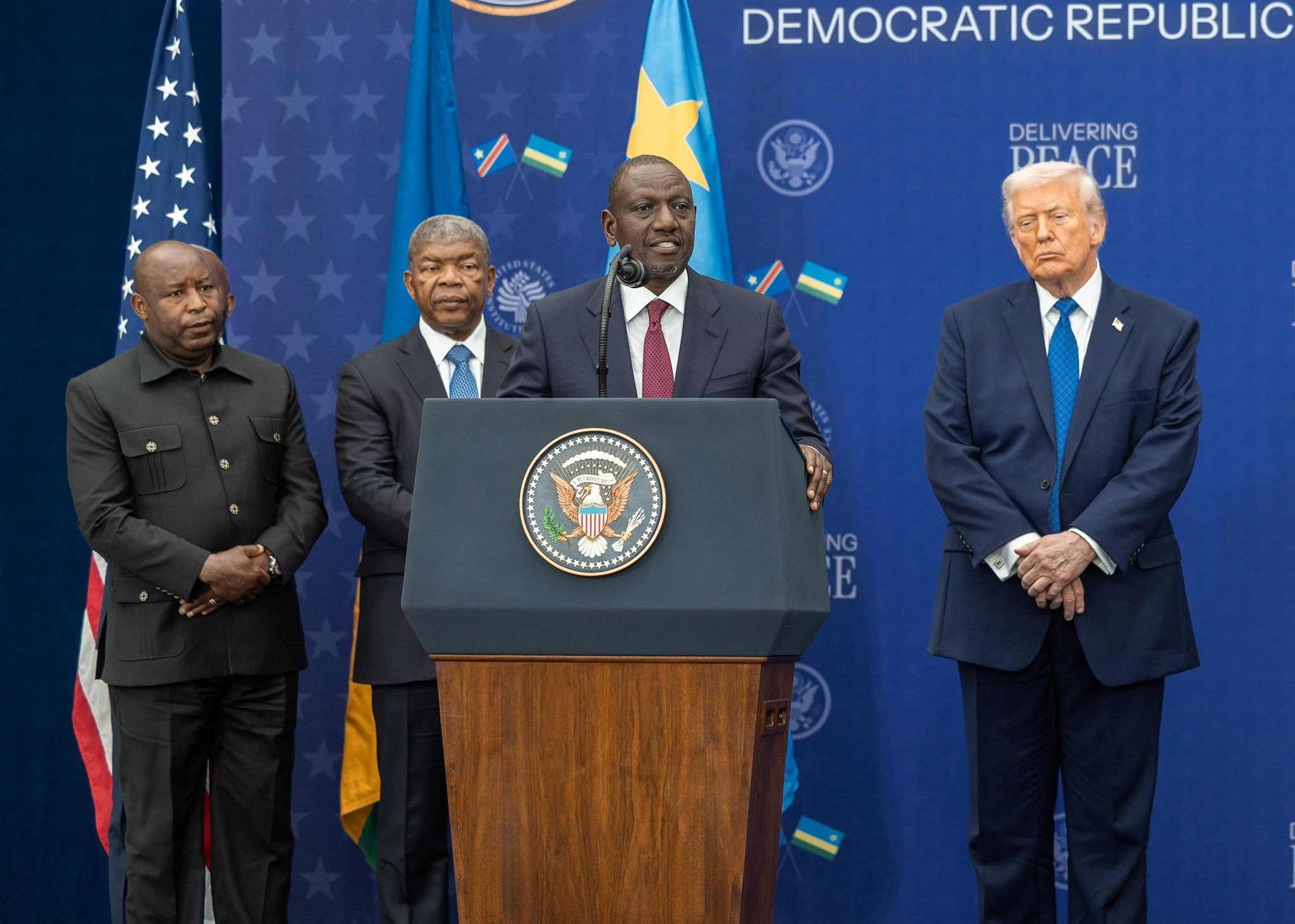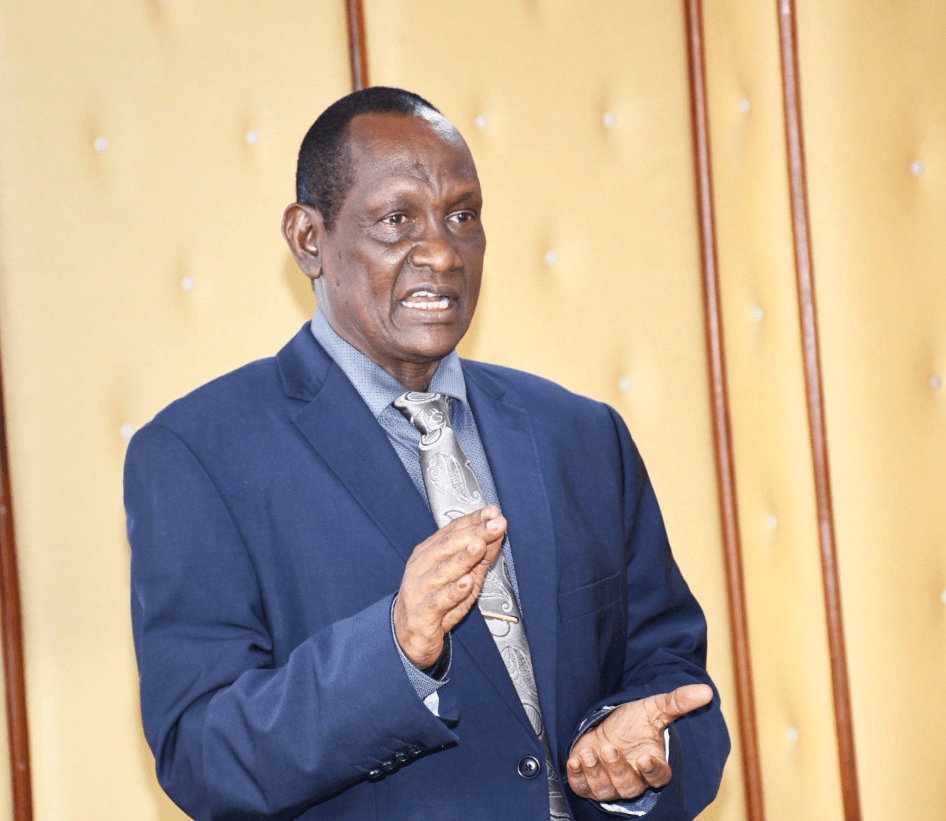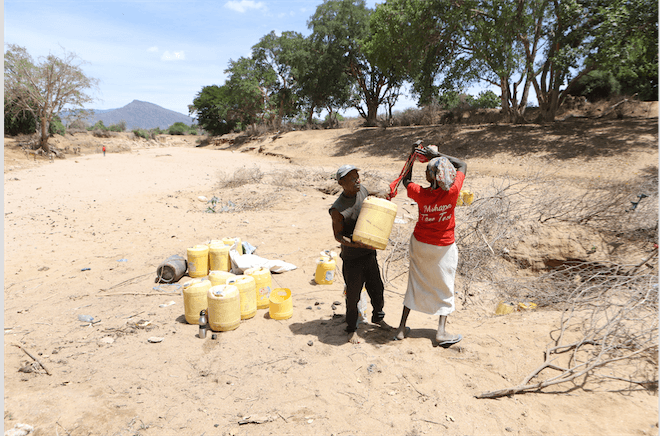So how does citizenship carry responsibility? How can it be natured? And why are many Kenyan citizens passive participants (only on social media) in their civic duties?
One of the most important responsibilities we have once we become adults, besides family, gaining meaningful employment or creating meaningful employment opportunities among other core basic and tertiary needs, is being active citizens.
Active citizenship evolves over time and through different concerting efforts.
Let me explain.
The civic skills that ensures active citizenship begins with the level of considerable civic education we receive in school, passively at home or within the public groups we are part of like religious groups and our respective communities.
To begin with, minimal civic skills taught in schools act as a barrier to effective future citizen participation. The state of civic education in Kenya can be said to be a case of considerable debate, as many people turn 18, without knowing their civic rights and duties.
The Basic Education Curriculum Framework of Kenya, developed by the Kenya Institute of Curriculum Development, emphasises the need for civic education. However inadequate teacher training and insufficient resources hinder effective and extensive civic education and practical ideas for citizen engagement.
Unesco emphasises that effective civic education should not only provide knowledge but also practical opportunities for engagement (Unesco chairperson for Global Citizenship Education).
In Kenya, practical opportunities to teach effective citizen engagement are generally lacking for all cadres of citizens. An example of positive practical civic engagement to establish civic skills would be, for instance, high school students, at their second last or last year, being taught how to vote in national elections, way before they are even eligible to vote among other interesting creative ideas.
In many studies, experts indicate that civic skills is the most needed resource for citizens to engage in their civic duties fully. Policymakers can lay the foundations for participating in politics early in the lives of Kenyan citizens. They can also establish ways to lay the foundation in groups and clusters where the young citizens are nurtured, mostly in the family, community and school settings.
Other notable places citizens can experience their civic duties directly or indirectly would be at work, in voluntary associations and in religious institutions. These could provide additional opportunities for citizens to acquire politically relevant civic resources in enhancing their psychological engagement with Kenyan and regional politics and other important civic duties for effective governance by our leaders.
Active citizenship involves individuals actively participating in their communities and influencing decision-making processes to improve society. This includes being active at the county or the national level.
Examples include voting in elections, engaging in peaceful protests, volunteering for social causes, and participating in public consultations or community forums.
In addition, many citizens join advocacy groups to champion for issues like job creation, environmental sustainability, human rights, or even education reform. By staying informed and taking part in civic duties, active citizens help shape policy, hold leaders accountable and foster inclusive governance.
Active citizens keep governments on check and ensure transparency and limited incidences of corruption. It then becomes a positive cycle of active citizens and effective leaders for a country
Rightfully so, major social and economic differences among citizens can account for their decision to engage in civic duties. It is therefore up to the government to consider these factors and ensure that all sectors can be actively involved in assisting Kenyans to know, engage in their civic duties and communicate intentionally and effectively, that indeed citizenship carries responsibility.
Democracy support researcher and scholar based in Sweden, [email protected]














